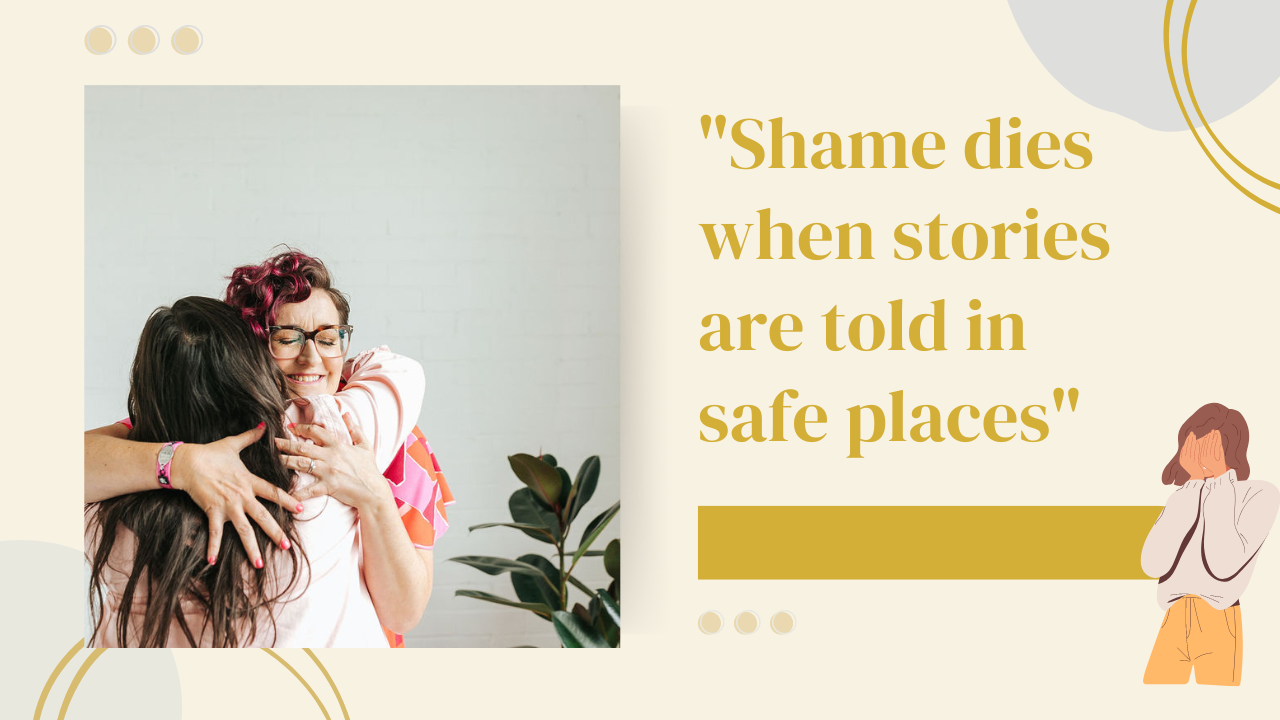"Shame dies when stories are told in safe places"

Clearing away the empties after a big night, I’ve sometimes considered scribbling out the ABV % and instead pencilling in the measure of my shame, on a scale of 1 to 10.
Let’s just say, a ‘1’ was never in the running.
A whole bottle of wine + five gins = one deeply private overshare, gallons of tears and at least 24 hours of deepest depression.
Little mental calculations flying everywhere. Like ‘yes it was bad, but next time I’ll drink more water’, or ‘if I’d stopped at the wine everything would have been fine…’
Fundamentally though, those sums are all underpinned by the belief that giving up alcohol would be a socially or personally unsurvivable loss.
Remarkable, isn’t it?
Alcohol is actually thought to affect around 50 different neural mechanisms, most significantly:
- by increasing the uptake of a neurotransmitter called GABA, it reduces stress … by acting basically like a sedative – Valium in a bottle.
- By flooding our reward circuits with dopamine, making us feel grea...
The Impact Drinking Parents Can Have on Kids

Scott Pinyard and I recorded a podcast together where we discussed the following common questions around parenting and alcohol:
- How do I explain alcohol and drinking in a way that my children will understand?
- What’s the best way to talk about alcohol without making it “forbidden”?
- Is it counterproductive to apologise to children for drinking?
Here are the highlights:
The first question we received was:
"Hi, I have multiple kids who have been seeing me drank for as long as they can remember. It really wasn't a problem until about two years ago when their dad and I divorced, then things escalated for me. And I've had multiple difficult conversations with them. They've asked me why I do it as much as I do, and why won't I stop? I'm actively working to change this. I'm in the LIVE Alcohol Experiment, and I'm planning on continuing on in the path. Here's my question, I'm not there yet, but I'm working on it. How do I explain this to my kids in a way that they'll understand? ...

